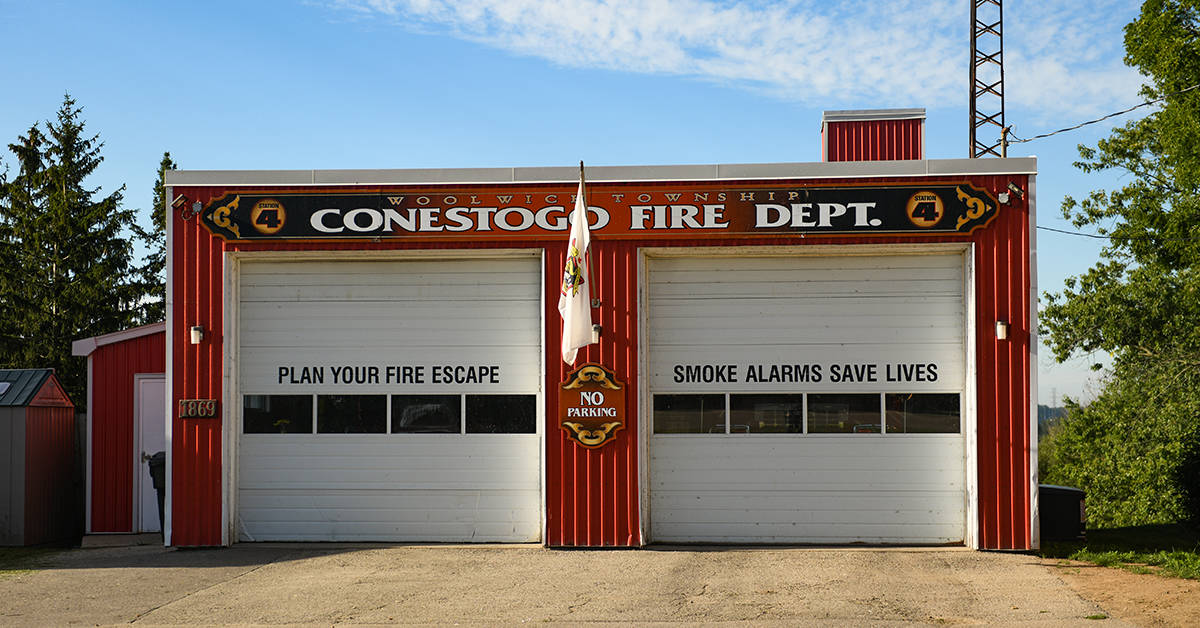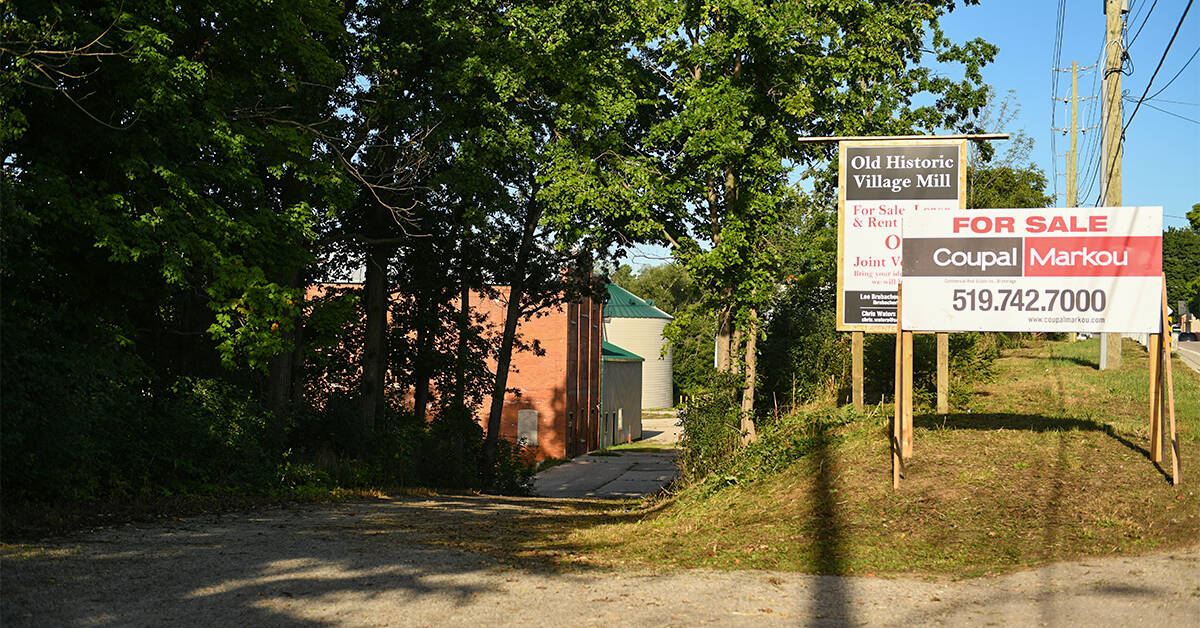The Waterloo Region’s rural townships still have open fire bans in effect despite the rain received over the last week. The consideration is that brush, grass and wheat field stubble remain dry, and that grass fires could start up.
The ban is in place for Woolwich, Wilmot, Wellesley and North Dumfries townships. It does not include barbecues or small campfires measuring up to two-by-two feet. It was imposed July 28 and will stay in place until further notice.
Craig Eveson, deputy fire chief for Woolwich, says for moisture to saturate the ground and alleviate dry conditions, long periods of rain are needed, rather than focusing on how much rain falls at once.
“So I can’t say three inches (as a measurement of rainfall needed to lift the burn ban), because if three inches falls in one hour, that’s not going to soak into the ground, and a little bit of heat, a little bit of a breeze, that ground cover is going to dry right up,” he said.
“The senior staff or fire chiefs have a discussion. And we base it on the weather we’ve had, and the weather that’s predicted to come. So we take into account the past couple of days as well as what’s projected for the days to come. And based on that, we just make a decision. What we feel would be best for our communities in terms of the fire ban.”
Eveson said it has been a dry year, but he hasn’t seen enough of an uptick in calls to be worried.
“I don’t believe it’s anything concerning, especially since we have the burn ban in place – that’s to negate that problem before it becomes out of hand,” he said.
The township’s bylaws define an open air fire as, “The burning of materials such as wood, cardboard, tree limbs, brush and or garden waste where the flame is not wholly contained and includes campfires, brush fires, burn drums, and outdoor fire container.”
Consequences for not following the ban will include a fine, said Eveson. The amount of the fine will depend on how many resources are required to put out the fire, he said.
June and July were unusually dry months in Waterloo Region. The Canadian Drought Monitor, by Agriculture Canada currently classifies most of southwestern Ontario as “abnormally dry,” which is a one-in-three-year event.
According to Environment Canada, Waterloo Region saw approximately 67.3 mm of precipitation total between June and July. According to the Grand River Conservation Authority, the average amount of rainfall between mid-June and mid-July for this area is 90 mm.
“Don’t have an open air burn, and use good judgment when you’re having a campfire or recreational fire,” Eveson cautioned.









